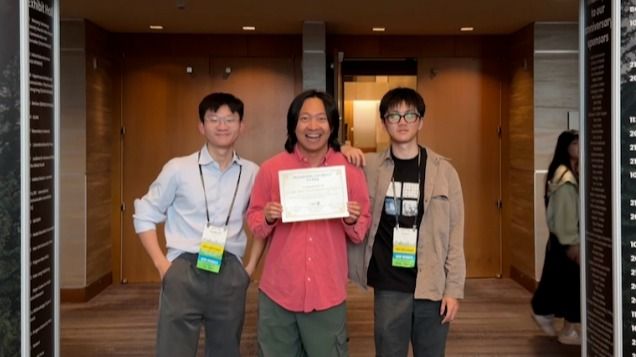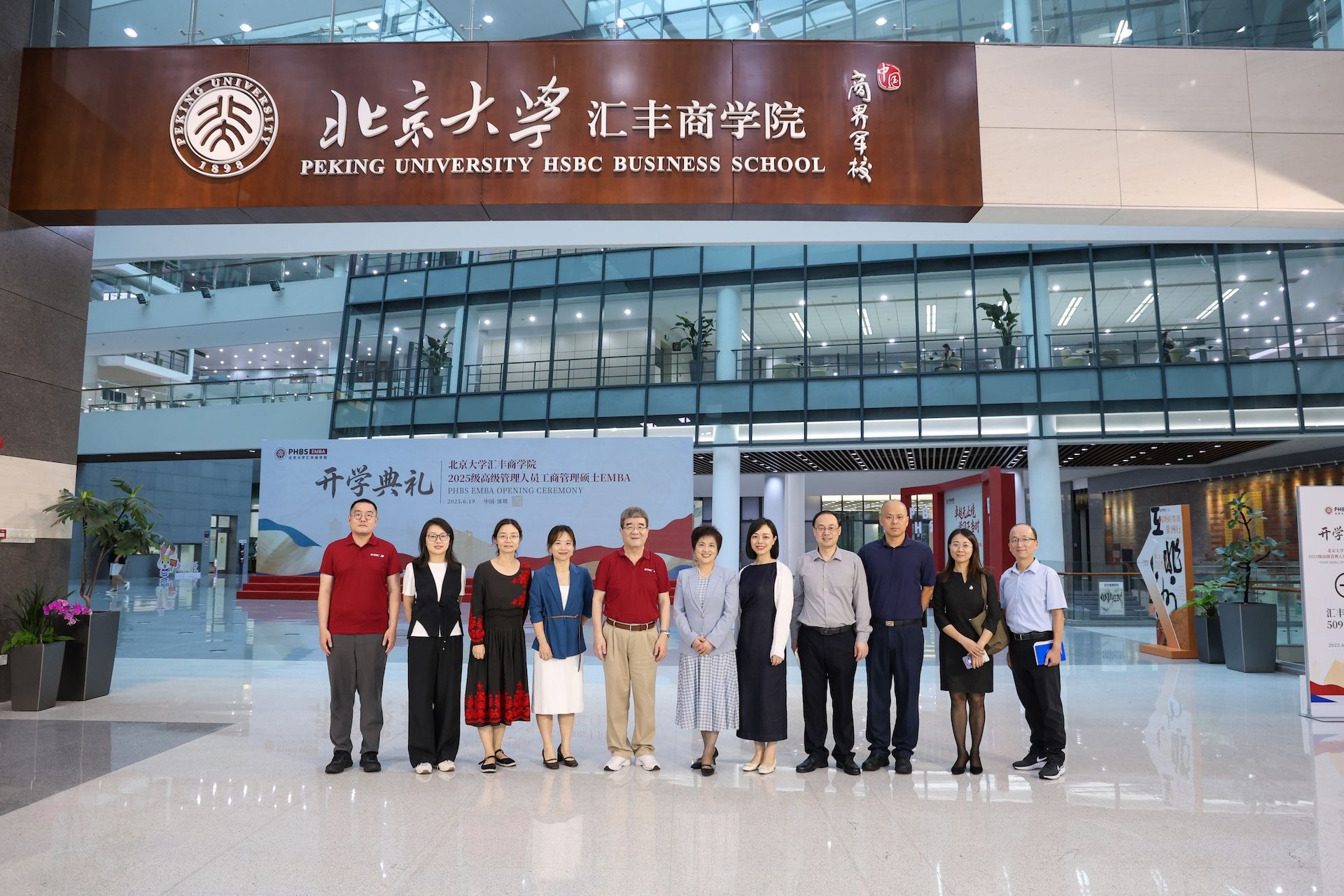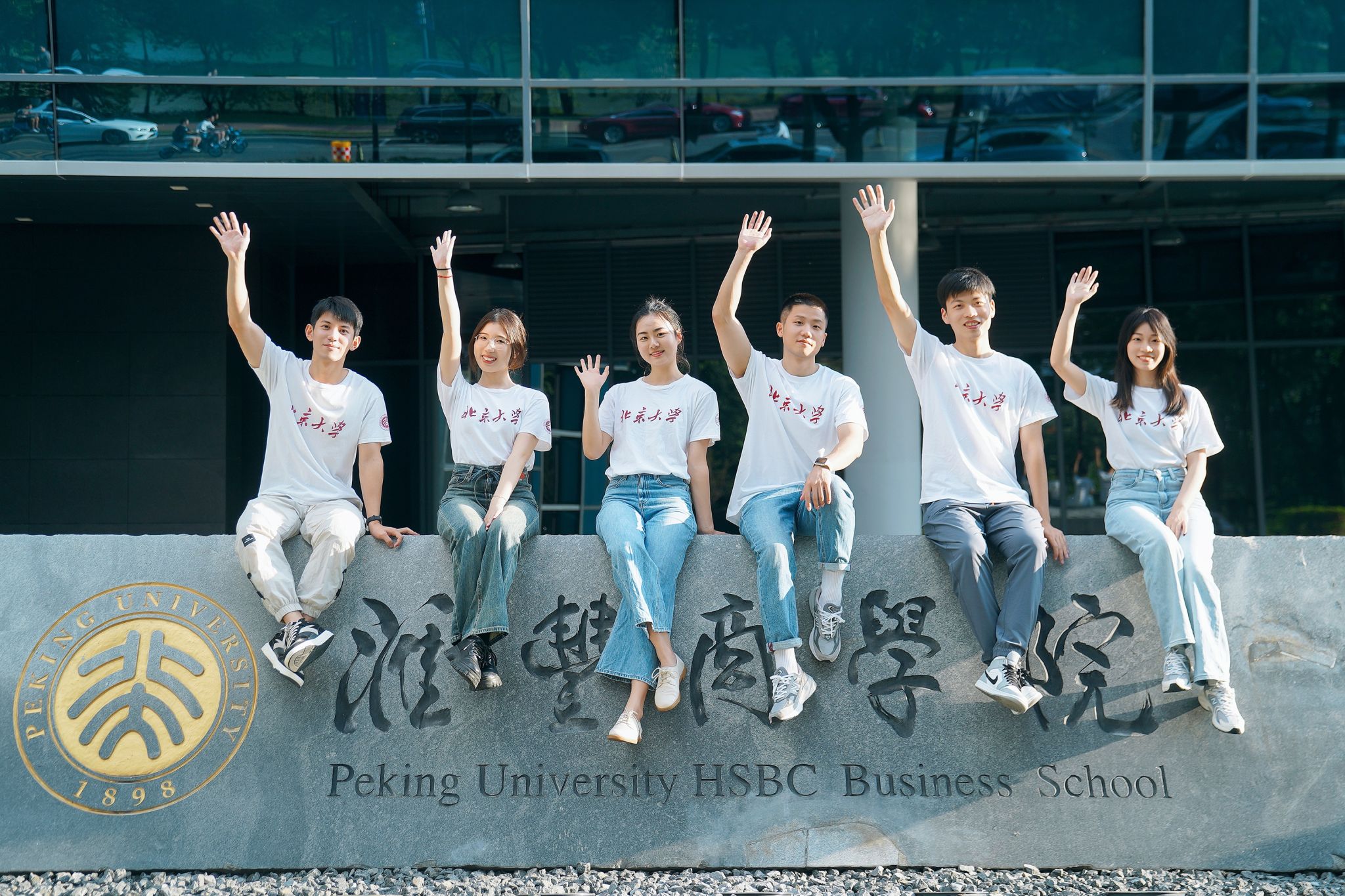This evening, I am delighted to speak to you as the faculty representative for our school. Your professors are members of the most international university faculty in all of China. Personally, I am greatly energized to be a part of this high-potential community.
Tonight we formally welcome each of you into this unique learning community: You are in an exceptional place, at an extraordinary time.
Our school is located in the world’s most exciting country, China; a nation that has transformed itself into becoming the world’s second largest economy in only a generation.
Guangdong province is mission-critical to this country’s economic reforms and growth. For the next few years, you will be spending most of your hours within the Pearl River Delta region; we are in a place that has been called the world’s factory, a place in which 5% of all the world’s good are manufactured.
We live in Shenzhen, which is the first and arguably the most critical of the five city Special Economic Zones in China, an initiative spearheaded by Deng XioPing. Moreover, Shenzhen is also the 12th largest city in the world – larger than any city in the USA or Europe--and is immediately adjacent to 7 other strategic and massive cities and someday will be part of the world’s second largest megacity, possibly the largest.
The recently established Qianhai Bay zone, being called the mini Hong Kong, is only a few metro stops away from here. Macau is just one-hour and you could actually walk to Hong Kong from here.
As you know, our school is a college within Peking University, which a member of the prestigious C9; in 1998 the then President Jiang Zemin pronounced and funded the country’s goal of this university to earn a world-class status along with only one other peer in this country.
This school is entirely unique: our dean, Wen Hai, like Deng XiaoPing, is demonstrating transformational leadership by integrating the traditional ways of the Chinese people with the contemporary practices of the outside world; in this school, he and we are preparing you students for leadership in business from a truly international perspective, more so than any other school in the country.
Our dean has spent nearly a decade creating this Special Education Zone (SEZ) for the benefit of this learning community, all of China, and because of our internalized student body, the entire world. Years from now, we will most certainly look back with great wonder about this exceptional place, at this extraordinary time.
As students in this learning community, each of you should be forewarned that your personal life is about to change.
You are each an important part of this exceptional place at this extraordinary time. Each of you now have increased expectations placed upon you by yourself, by your family, by your country and even by the world. To meet these expectations, you will quickly need to adapt and change yourself profoundly.
You are now in graduate school and unlike most of your friends and classmates from your past, you are now also in an internationalized environment. You will certainly change and transform yourself in some dramatic ways, we hope. Such change and transformation is what a world-class education is all about.
A graduate school education is indeed a cornerstone of your business career. When I completed my MBA at New York University my world view had changed dramatically as did my career path. After my MBA, my career transitioned from purely a domestic to a global view. Now, I spend more of my time outside my home country than I do inside. Completing grad school will greatly re-shape your mind and your life.
Now to progress, you must rely upon yourself more than ever. You no longer will be spoon-fed by your teachers, instead you will be routinely overwhelmed and challenged. You will not be able to rely upon your memorization skills only; instead you will need to think in ways as you may have never thought before. You no longer will be asked to just reproduce; instead you will be expected to adapt and perhaps improvise.
Now you must be expert at deciding how you spend your time, most often without control over your conflicting deadlines. You must transform your academic focus from the traditional disciplines; you now must develop your thinking to be interdisciplinary. Learn to think independently and not just blindly follow the traditional paths of the past. From now on, to succeed, to reach your aspirations, you must go not where the ball is now, but go to where you think you the ball will be in the future. You must resist that immense pressure to be like everyone else. Your signature career path is unique and really, it begins today.
After earning this degree, you may find it difficult to communicate with those without a graduate business degree. Your thinking and conversations will no longer be from the simplistic view of a point-in-time; instead your attention will be analytic and forward looking; basically, instead of you just seeking an understanding, now you will tend to make forecasts and creatively figure out how to create a future for yourself and those around you based on those forecasts. You’ll see things as a process, as an interconnected system that changes rapidly and can morph quickly.
You will ultimately begin to care about complex concepts such as:
risk/reward assessments,
debt versus equity,
ethics and integrity,
information transparency,
fiscal versus monetary policy,
organizational communications,
leadership styles,
intrinsic and extrinsic rewards,
operating and profit ratios,
organizational networks,
competition and collaboration…
and of course innovation…the list goes on.
In short, the only way that you can predict the future is by you creating that future, and this business degree will prepare you for doing just that. You will need to earn it however; just go with the process, don’t fight it, and experience as much as you possibly can; strive to somehow be uniquely creative here.
On behalf of your faculty, welcome to PHBS; we envision much future success for each of you!









